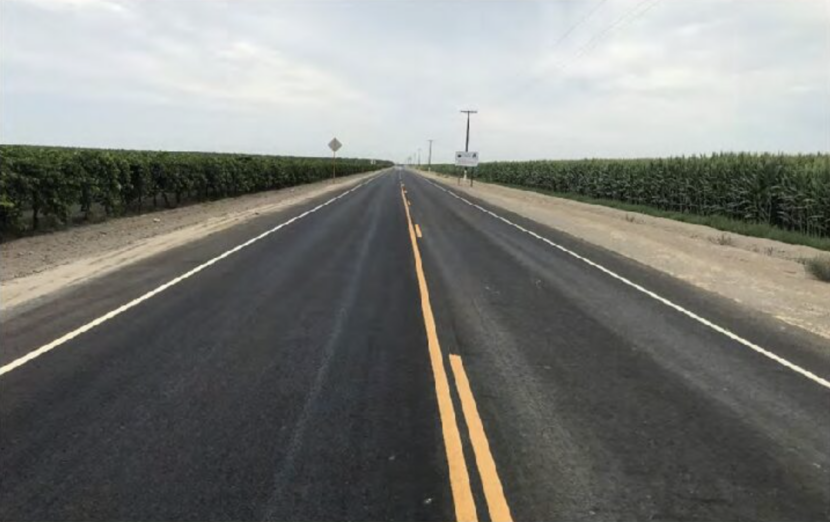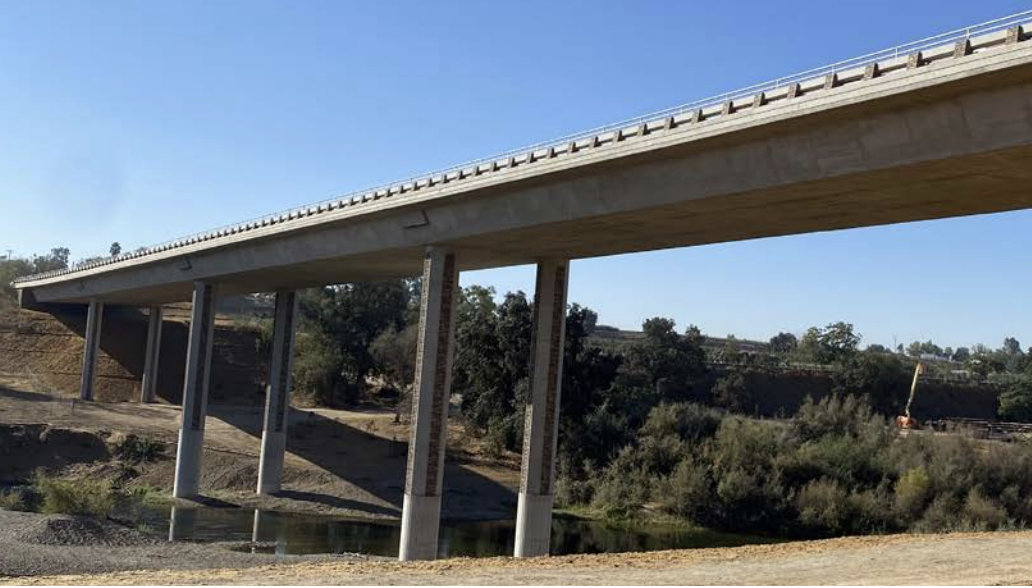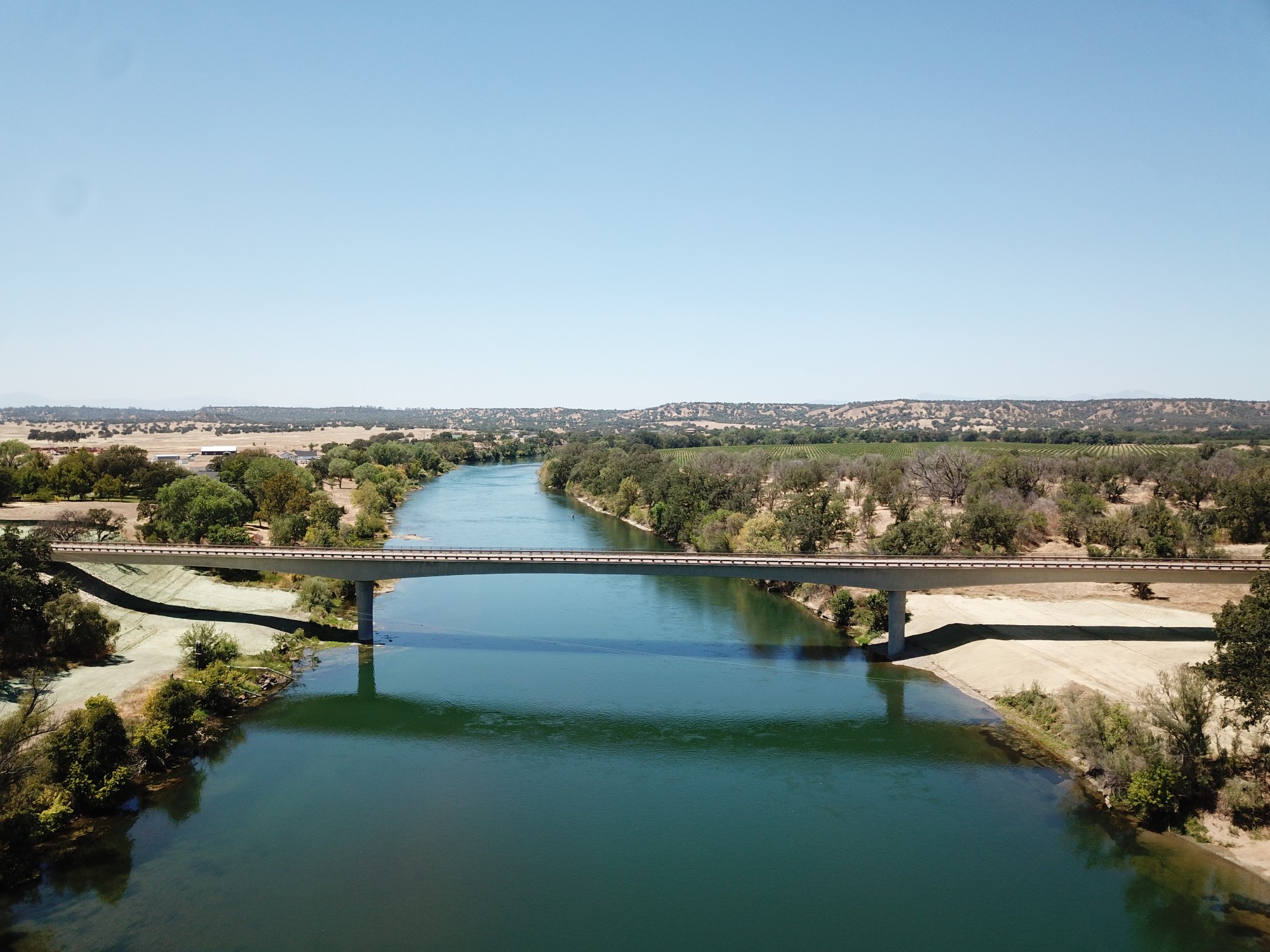Lincoln Avenue Cold Central Plan Recycling
Location
Lincoln Avenue between SR 145 and Fig Avenue
City or County Responsible for Project
Fresno County
Category
Roads: Efficient and Sustainable Road Maintenance, Construction and Reconstruction Projects.
Author
Erin Haagenson
Organization
County of Fresno Department of Public Works & Planning
Address
2220 Tulare Street, 6th Floor
Phone
(559) 600-9908
Supporting Documentation
- https://savecaliforniastreets.org/wp-content/uploads/2023/02/2023-02-07_63e1a14becc00_Locationmap-LincolnCCPR.pdf
- https://savecaliforniastreets.org/wp-content/uploads/2023/02/2023-02-07_63e1a14beca99_SupportingDocumentation_LINCOLNCCPR_reduced.pdf
Project Description
The County of Fresno completed their first ever Cold Central Plant Recycling (CCPR) project in 2022 on on a 2 lane, 14.5-mile segment of Lincoln Avenue in southwestern Fresno County. This stretch of road, from SR 145 to Fig Avenue in poor condition due to heavy agricultural traffic, was thought to be in need of a full depth reclamation. However, investigation from the County’s materials lab showed that the the strong structural section made it an ideal candidate for a Cold-In-Place (CIP) Recycling technique. As the project proceeded through the design, it was determined that there was not enough room to perform CIP recycling, and that CCPR would be a more suitable technique.
In using CCPR as a sustainable pavement rehabilitation, on this $9 million project, the county was able to re-use 100% of all the existing asphalt pavement assets by recycling. This project consisted of milling off and loading into trucks the existing asphalt pavement section, hauling asphalt millings to a nearby stockpile site, loading into portable recycling plant, adding 462 tons of Portland Type II cement and over 1,200 tons of asphalt binder, loading the 100% recycled asphalt pavement into trucks and transporting back to the paving operation. The recycled pavement was then installed to specified depths and grades, and compacted. A fog-seal and sand blotter are added for a quick return to traffic.
County staff were able to work with Caltrans to reclassify the road to a major collector and then to combine Surface Transportation Block Grant, Congestion Mitigation and Air Quality, and Road Maintenance and Rehabilitation funds to fully fund the project. The project was delivered on-time and under budget. The final construction costs of $8,235,682 were $1.4 M, or 15%, under the original bid amount of $9,723,640.
Some of the benefits realized by utilizing an engineered sustainable pavement rehabilitation approach like CCPR are as follows:
• Cost savings when compared to older remove and replace methods
• Reduction in truck traffic and use by 30:1
• Over 43,000 tons recycled on-site in lieu of purchasing virgin Hot mix asphalt
• Reduced construction time/shifts, higher production
• Reduction in greenhouse gas emissions by up to 65%
• Less impact and inconvenience to the public
• The recycled pavement can, itself, be recycled at the end of its life cycle
(See Supporting Documentation for additional information.)



